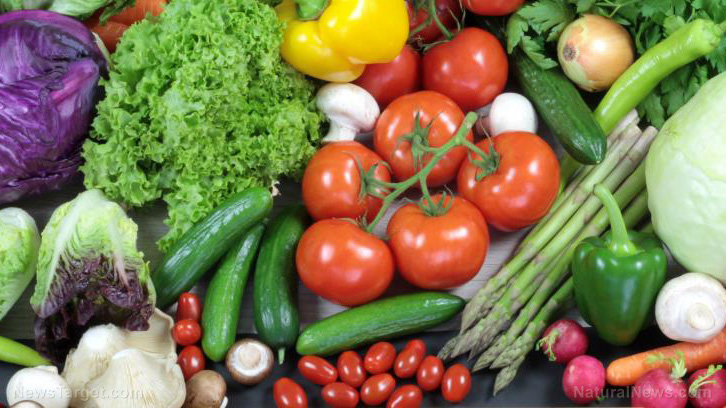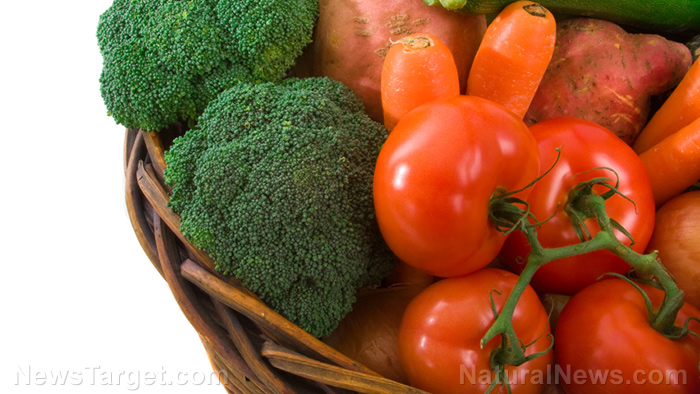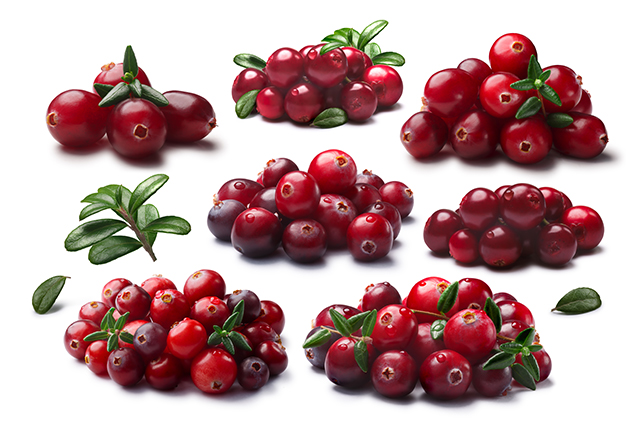Gynecologist uses her practice to spread the word about how a whole-foods plant-based diet helps women avoid disease
08/01/2018 / By Zoey Sky

Did you know that following a whole-food plant-based diet (WFPB) can significantly improve your overall health and help you avoid various diseases?
Dr. Padma Garvey, a gynecologist based in New York’s Hudson Valley, is known as “the plant-based doctor mom.” Dr. Garvey is an advocate of the WFPB diet, which she often discusses with her patients and outside the office.
The renowned gynecologist first came across the WFPB lifestyle after she watched Forks Over Knives, a film that “examines the profound claim that most, if not all, of the degenerative diseases that afflict us can be controlled, or even reversed, by rejecting animal-based and processed foods.” She watched the film in order to find a way to help her father, who was ill at the time.
She shared, “It was the first time that I really saw that my family had a lot of diet-related problems.” The doctor explains that her parents and various relatives “had diabetes and other serious medical conditions.” She added that before her father became ill, she was trying to deny the health risks that plagued her loved ones.
Forks Over Knives inspired Dr. Garvey to fully commit to a WFPB diet to avoid the diseases her father was diagnosed with. She was surprised to see how quickly the diet improved her overall health. (Related: Plant-Based Diets: An Overview of Options for Optimal Health.)
Convinced of the benefits of the WFPB diet, she started promoting it amongst her patients. She was concerned that medicine wasn’t enough to help them, and she wanted to continue helping more women. Dr. Garvey even tells the women at her practice to see the movie to find out how it “saved” her life.
As a gynecologist, Garvey is keen on highlighting the link “between diet and the health issues her patients regularly face.” She warns that many gynecological conditions are often affected by food choices and that these can be addressed through a WFPB diet.
Polycystic ovarian syndrome and the WFPB diet
Dr. Garvey wants more women to understand the connection between polycystic ovarian syndrome (PCOS) and eating habits. She cautions that since PCOS is “on the same disease spectrum as Type 2 diabetes,” women with PCOS are often diagnosed with Type 2 diabetes.
Because of this, she has made it her goal to educate patients with POCS about the benefits of the WFPB diet. A lot of Dr. Garvey’s patients are worried about being diagnosed with cancer, and the doctor also tells them how breast, uterine, and ovarian cancer are “influenced by diet. ” To reduce the patients’ risk for cancer, she encourages them to eat more natural foods.
As someone who has been an obstetrician for more than two decades, Dr. Garvey notes that a lot of pregnant mothers are diagnosed with gestational diabetes. She also encourages these women to practice healthier eating habits since diabetes can be “controlled by eating a diet of whole plant foods and avoiding processed ingredients such as oil and sugar.”
Dr. Garvey believes her advocacy is a “gratifying” one. She concludes, “I feel like I have some information to share with them that is going to make them feel better. The bonus is, it’s not going to involve a pill, it’s not going to involve a procedure, and I’m not making an extra buck on the side because of it.”
Plant-based food suggestions
Not sure where to start? Try incorporating more of the plant-based foods below to your diet:
- Beans – You can choose from “string, black, red, white kidney, navy, and cranberry beans.” They are all full of protein, fiber, vitamins, minerals, and calories.
- Coconut oil – Coconut oil is perfect for pregnant women because it offers various benefits that can improve the health of both mothers and infants. It has lauric acid, an essential fatty acid found in human breast milk, that can “prevent the development of bacteria and fungi like candida.”
- Fruits – Avocados contain folic acid, and pineapples can help “soften the cervix to induce labor.” Other fruits that can benefit pregnant women and newborns include grapes, bananas, apples, orange, strawberries, and lychees.
- Hemp seeds – Full of protein, healthy fats, and fiber, hemp seeds are good for both mothers and infants.
- Nuts — Nuts like almonds are full of vitamin E. Other nuts such as cashews, peanut, or walnuts, are great for pregnant moms.
- Whole grains – Whole grains contain protein, vitamins, minerals, and complex carbohydrates that “provide energy.” Complex carbohydrates also ease nausea and constipation. Eat seeded grasses (rice, barley, quinoa, corn, millet) or pre-made products (bread, pasta, cereal) that are full of whole grains.
- Whole vegetables – Whole vegetables are full of various vitamins (A, C, K, etc.) and essential nutrients. Because vegetables come in different colors that contain a particular nutritional value, eat as many color groups whenever you can. This makes it easier to consume a lot of nutrients. Green vegetables (like spinach, seaweed, etc.) have lots of calcium and iron. Meanwhile, red vegetables (such as beets, tomatoes, etc.) are full of vitamin C.
You can read more articles about fresh food and tips on how to eat healthy at Fresh.news.
Sources include:
Tagged Under: cancer, diabetes, Diets, Diseases, food cures, food is medicine, gynecology, healthcare, natural healing, natural remedies, nutrition, PCOS, plant cures, plant medicine, polycystic ovarian syndrome, pregnancy, prevention, remedies, Type 2 Diabetes, whole-foods plant-based diet, women's health




















